The economy is a system created by people and which should allow the kind of development desired by everyone. The prevailing discussion on the economy, however, has forgotten this principle. It has set separate goals that are detached from you, me and our living environment and instead focuses on goals that are self-serving to the economic system. It is time to return the discussion on the economy to its fundamentals and engage in dialogue on a sustainable economy that creates well-being while respecting the finite capacities of the planet.
While there is a broad consensus on the fact that the economy can act as an enabler of sustainable development, people have adopted conflicting opinions and remain unsure about how exactly the economy can act as a means to sustainable well-being. Not only is a sustainable economy a blurry concept, discussion of it is also somewhat taboo and difficult.
For example, the “sustainable economy” goal used in sustainable development processes has in practice only been described superficially, without defining what it actually means in practical terms. Even within sustainable development policies, conflicting approaches to economic growth exist. For instance, Finland’s Society’s Commitment to Sustainable Development sees a sustainable economy as growth-neutral, while The Finnish Government’s Agenda 2030 Implementation Plan sees economic growth as a key to achieving sustainable development.
Resolving the major problems we are facing requires brave and open societal discussion on the concept of a sustainable economy. A high-quality discussion on the economy requires analysis using different scientific disciplines, not just economics. In the same way that environmental policies should not be made by relying exclusively on ecological facts and figures, economic policies should not be devised by relying exclusively on economic studies. The economy should be discussed in tandem with other disciplines, such as sociology, psychology, political science, ecology, climatology, sustainability sciences and even art.
If the economy is to be seen as a means for creating sustainable well-being, we must be more focused on what we are setting as the goal. What is valuable to a society? What type of value are we aiming for? When is a society progressing, and when is it regressing? What type of development are we aiming for?
A sustainable economy – an end or a means?
It is essential for a sustainable economy to determine if economic goals are seen as independent goals separate from environmental and well-being goals, as parallel goals to be integrated with other aims, or more as a means for creating human and environmental well-being.
From the economic policy perspective, the sustainability of an economy is largely based on how well economic goals are achieved. The popular media often refers to this when discussing national debt, the size and balance of the public sector, the trade deficit or economic growth.
From the traditional sustainable development perspective, an economy is only sustainable when the economic goals are met at the same time as the social and ecological goals, meaning everyone wins. The 2030 Agenda for Sustainable Development emphasises the three-way connection involving people, the planet and prosperity and the commitment to achieving sustainable development in a balanced fashion on three fronts – economic, social and environmental. For the economy, Agenda 2030 aims to achieve “sustained, inclusive and sustainable economic growth” while also considering that socio-economic growth can only be based on the sustainable use of global natural resources.
The third way of understanding a sustainable economy is to see the economy as a means for producing well-being and quality of life while reducing adverse environmental impacts. This is what Finland’s Society’s Commitment to Sustainable Development is based upon.
When today’s decision-makers in Finland are asked if the economy is an end or a means, most will claim it is a means. So, it seems that we are heading towards a significant paradigm shift – or are we? What if people are referring to completely different things when they define the economy as a means?
In the following sections, I will discuss the different ways in which the economy can be perceived as a means for creating sustainable well-being. I will first review the economy as a producer of sustainable well-being from the perspective of an economic system, second from the perspective of economic activity and third from the perspective of economic instruments. Finally, I will discuss the role economic growth plays in a sustainable economy – is it a goal, a means or a consequence?
The view of the economic system must be broadened
Ultimately, an economy is a system created by people and is expected to provide both good operational capacity and results. A sustainable economy does not operate in debt, does not lose reserves over the long term and is able to adapt to changes and recover from unexpected shocks. In addition, an economic system should function in a way in which it is able to produce exactly the things that a society values at any given time.
Economic policies are used to manage the functioning of an economy as a system. Current economic policies aim to prevent the public sector from falling into debt (reserves), to maintain a strong foundation for well-being and the economy (stability) and to create balanced growth in the economy (output).
If the economic system is analysed from a sustainable development perspective, economic activity should not lead to a reduction in social or ecological capital (reserves), the economy should be able to adapt and handle unexpected crises (stability) and should produce well-being without exhausting the planet’s capacities (output).
Despite the obvious differences, economic policies and sustainable development policies have one significant thing in common: both policy areas shape other policy areas. A successful future requires that their perspectives of a sustainable economy are more unified. That, in turn, requires an expanded perception of an economic system.
An economy can be divided into a series of complementary systems operating at different levels, such as the global economy, the local economy, household economies and the economies based on communities and common good. The goals and operating methods of these systems differ from one another.
In a global economy, monetary policy, markets, competition and exchange values are important. On the other hand, the foundations of family and community economies are built on trust, co-operation, meeting needs and generating user value. A sharing economy is a community economy where goods are shared, borrowed, exchanged or leased instead of owned, and the more they are used the more social and ecological benefits are created.
Economic policies cover and manage only some of the systems within the greater economy. Throughout history, societies have debated the extent to which economic policy should apply and how. The role of the public sector in relation to the private and third sectors is undergoing a transformation even today. At the same time, there is also a debate on how to approach sharing economies that operate outside the “official” economic system and what societal rules or deregulation they require.
In a sustainable economy, it is important to consider the complementary opportunities of different levels of the economy for producing sustainable well-being. The concurrent development of different types of systems operating on different levels also strengthens society’s ability to renew and adapt. Good economic policies require the ability to recognise these opportunities.
From sustainable production and consumption to sustainable solutions and choices
The most prevailing view of the economy as a means for achieving well-being for people and the environment is based on aiming for sustainable production and consumption.
It may be that we are moving towards an industrial revolution based on low-carbon and resource-wisdom principles. When promoting sustainable production, the policy focus is shifting towards developing new business that not only operates responsibly, but also aims to produce sustainable solutions. It is not just about producing something sustainably, but also about the product or service itself acting as a solution to a sustainability challenge.
Sustainable production is most commonly seen from an environmental perspective, looking for solutions through a circular economy, a bio-based economy, cleantech or renewable energy. In addition to environmental business, a more determined focus is needed on the opportunities within the well-being business to produce new types of sustainable solutions.
Another key issue pertaining to a sustainable economy is how the behaviour and choices of the individual can be prodded in the intended direction, resulting in making better choices. Most approaches to promoting sustainable consumption include the assumption that the consumer aims to act rationally from a certain perspective – such approaches either aim to play on the consumer’s financial rationality (for example by imposing environmental protection taxes) or to exploit the consumer’s rational decision to make sustainable choices (for example by offering the consumer advice, guides, tips, the use of online calculators or branding products with certain logos or messages).
Unfortunately, the assumption of rationality included in both approaches only works with a minority of consumers and often even the good intentions of consumers do not always translate into action. Therefore, efforts have been made to recognise the rational distortions of consumers and seek ways to “nudge” consumers into making more sustainable choices.
Sustainable consumption as a concept already implies that something is consumed. It would be better to talk about sustainable choices as the ability for a consumer to also actively choose not to consume is becoming significantly more important. Are we able to identify which consumption habits are based on need and which are based on desires?
From economic instruments to sustainable investments
When discussing the economy as a means, one cannot avoid considering different types of economic instruments, such as taxes, fees or incentives. These can include fuel tax, feed-in tariffs, the trade in emissions, investment support, natural-value trade, taxes on sweets, sugar or unhealthy foods or ecological tax reform.
These economic instruments are only means to an end – they are not inherently good or bad. They can be used in many different ways, depending on what each individual understands a sustainable economy to be. The goal usually, however, is to correct something that is perceived as a market deficiency. Depending on people’s world views, a market deficiency may equally be defined as slow economic growth, as negative environmental impacts or as the erosion of well-being. The world views of others may encompass a desire for a general increase in the use of economic instruments while others may prefer a significant reduction in them. Occasionally, it is useful to use incentives to achieve or prevent something and at other times it may be more effective to simply eliminate adverse incentives.
In order for economic instruments to be used effectively, it must be understood that controlling one thing often results in unintended consequences for another. In addition to acknowledging multi-dimensional effects, it is also important to acknowledge the motives behind the incentives. Some incentives are influenced by the needs of the public economy, some by the needs of sustainable development and some by other interests. In addition, the basic premise behind the use of economic instruments is the economic rationality of the stakeholders, even though decision-making is also affected by many other factors, such as world views, cognitive frameworks, values, norms, emotions and routines.
Economic instruments are often used to influence the here and now. A long-term intergenerational perspective is an inherent part of the sustainability paradigm. Therefore, one of the central issues pertaining to a sustainable economy is whether a society’s economic contribution to something is perceived as a cost or an investment on the path to achieving sustainable well-being.
A sustainable economy cannot be solely based on balancing short-term profits and costs through the use of various taxes and incentives. Instead, it must also be based on investments that mould the future. An example of this is the degree to which the social welfare and healthcare system is based on fixing present well-being problems and to what extent it aims to promote health and well-being through preventive measures. Another example is the degree to which education aims to exclusively meet the present needs of employers as opposed to the more general promotion of people’s ability to learn and acquire skills in an ever-changing world.
When investing in sustainable development, it is important to be aware of and exercise critical thinking when considering what the investments are meant to achieve, what the requirements and time frame are and what the investments actually focus on. Even if the investments were to achieve a social return on the investment, as opposed to the merely financial return on investment, is simultaneous economic profitability a requirement or an important factor in making the investment? Are we investing for ourselves or for future generations? Are we using the investments to fund activities or are we paying out only on achieved results, meaning the verifiable progress of sustainable development?
The attitude towards economic growth is a key issue
As the views on the economy as a means to and an enabler of sustainable well-being indicate, the topic is multi-dimensional. However, one key question largely defines our perception of what makes a “sustainable economy”: what is our approach to economic growth? Is it a necessity, a means or an enabler, or maybe a consequence?
| Attitude towards economic growth? | Reason | Questions |
| Necessity | Developed societies are constructed in a way where economic downturns result in social, financial and ecological problems. | If we could move away from our current economic structures and successfully strengthen the health, adaptation and flexibility of the economy would it still be necessary to aim for continued high economic growth? |
| Means and/or enabler | Economic growth allows a society to fund and invest in both the well-being of people and the environment. | What does well-being consist of? What is the result of additional well-being stemming from economic growth and what can be achieved independently of economic growth? Can investment in well-being and the environment in one area result in reduced well-being in another area? |
| Desired consequence | By focusing on business that promotes the well-being of people and the environment, a positive cycle is created where the economy and well-being are growing while adverse environmental impacts are simultaneously being reduced. | What are the chances of successfully decoupling economic growth from adverse environmental impacts? Can it be done quickly enough to avoid exceeding the natural limits of the planet without fatal consequences for humanity? |
| Potential consequence | An economy can grow or contract during both societal progress and regression. An unconditional decision to either specifically stimulate or restrict economic growth is a risky approach for both the environment and well-being. | Can an economy be healthy even it is not growing, while remaining competitive and able to renew? If economic growth is not the goal, what type of progress should a society aim for? |
As the likelihood of keeping global warming to less than a few degrees seems increasingly distant and the disparity in economic wealth continues to grow, the polarised discussion on economic growth will only increase. The situation is made more difficult by the significant political pressure that remains for achieving GDP-based economic growth. Low GDP growth troubles many decision-makers, although GDP has been widely accepted as a poor indicator of progress.
“Decoupling” is a word often heard in this economic growth debate. It refers to the situation where an economy grows at the same time as environmental harm is reduced. The dialogue on decoupling pays less attention to the decoupling of economic growth and well-being. How can well-being be produced with less economic growth? What action should be taken if it appears that the economy will not grow despite all the efforts?
The situation is not utopian; it is a reality in Finland today. Although upward trends have recently been observed in the economy, a significant growth period is still not in sight. In such a situation, we need to be able to create well-being with less economic growth. How that is to be achieved, however, is a tough economic policy question that very few have the courage to tackle.
We have to leave behind the polarising discussion on economic growth in favour of a search for a more growth-neutral sustainable economy. This requires reducing the importance of GDP as an indicator of economic performance, challenging the automatic assumption that growth is vital and avoiding setting unrealistic growth goals that risk instability if they are not met.
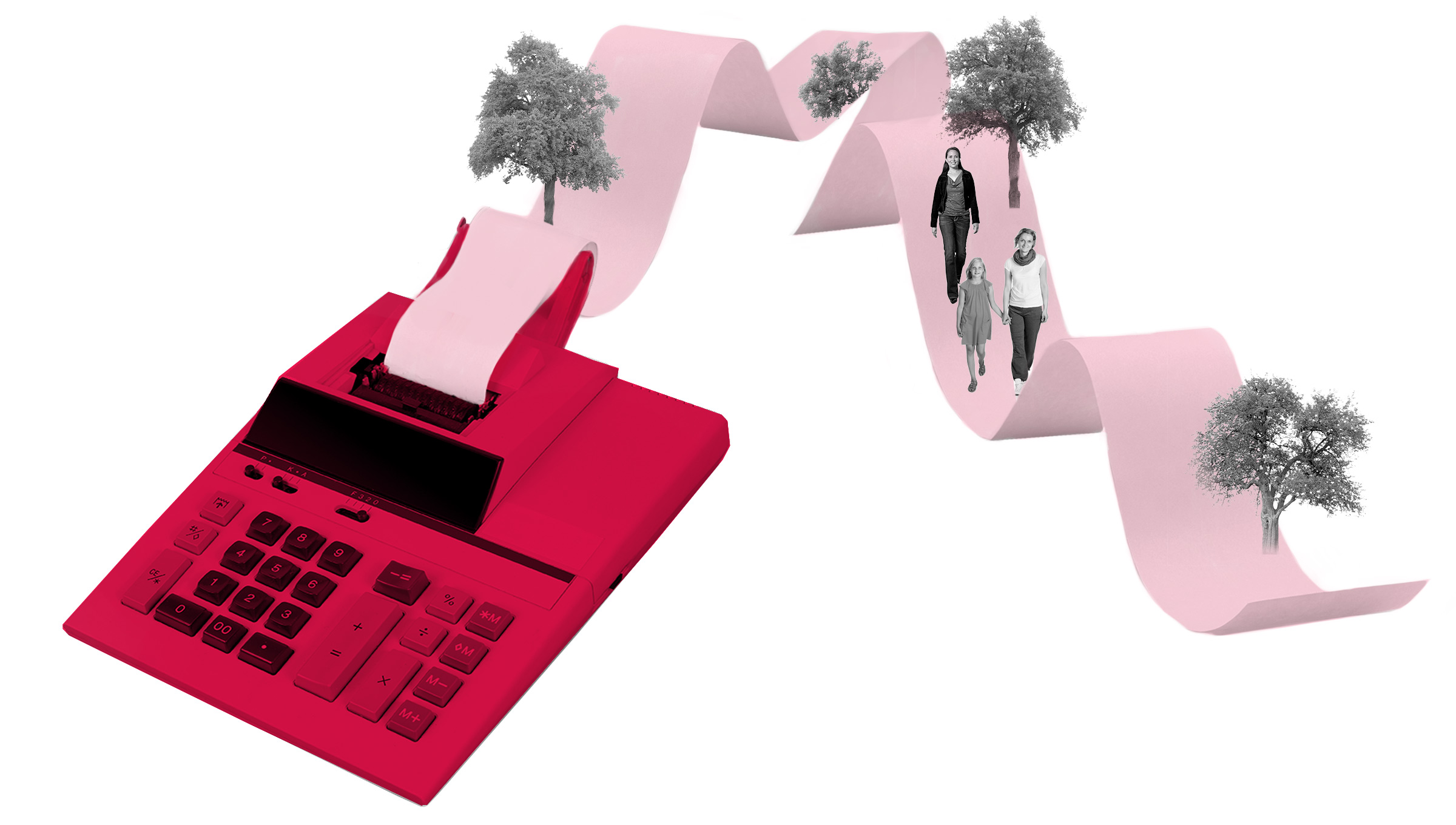
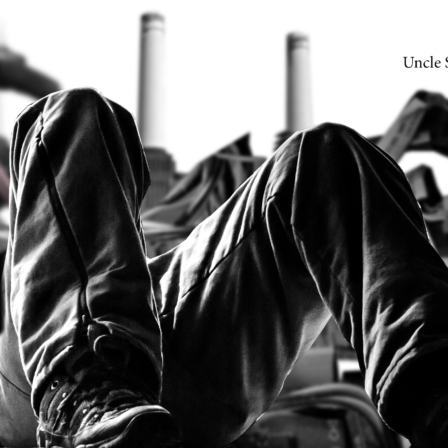
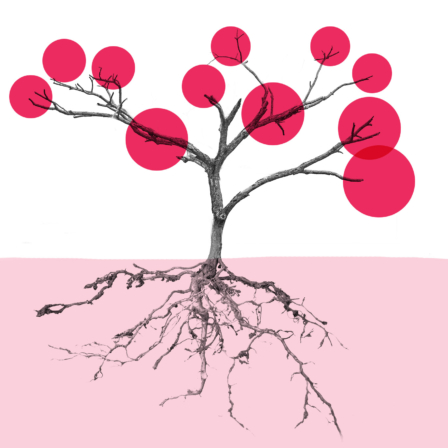
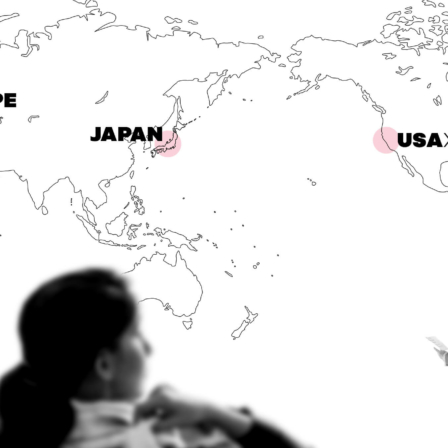
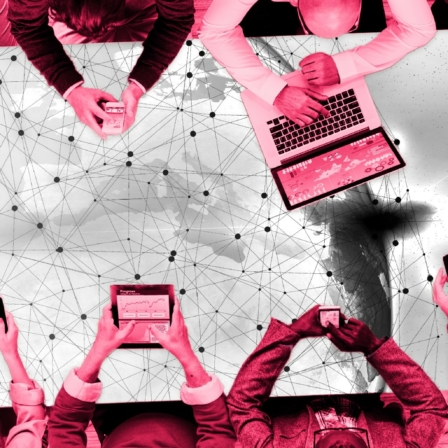
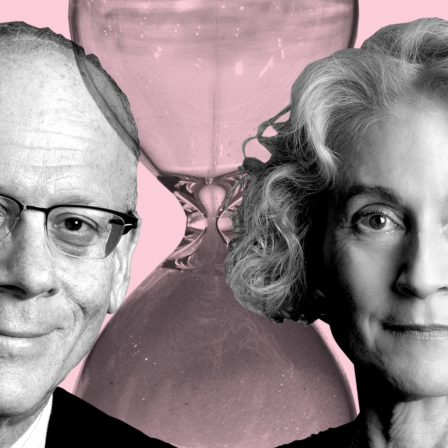
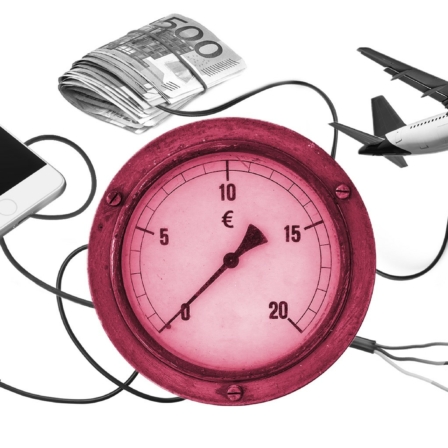
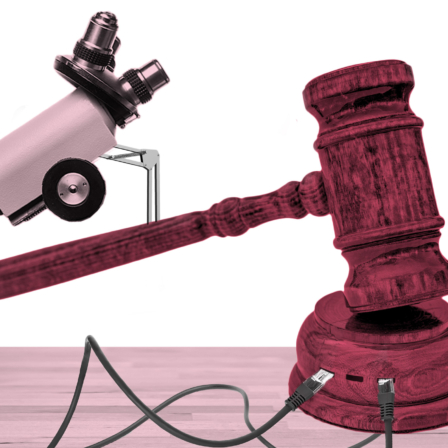


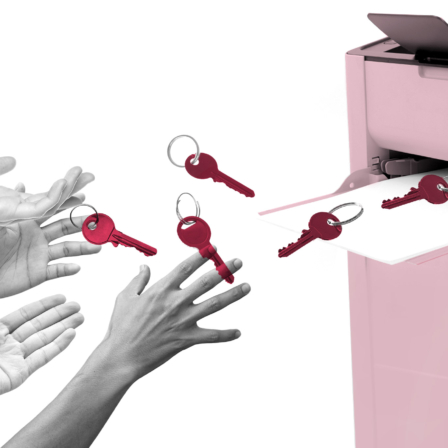


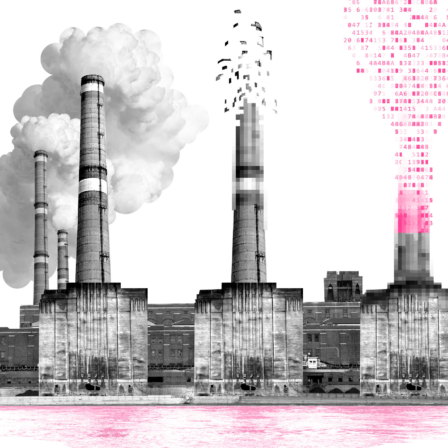
Other articles
Share these too.